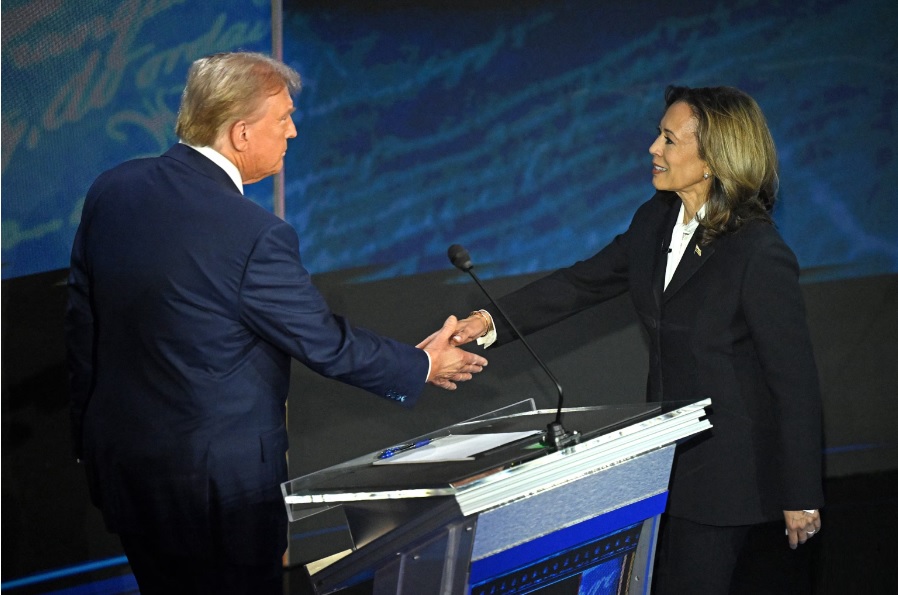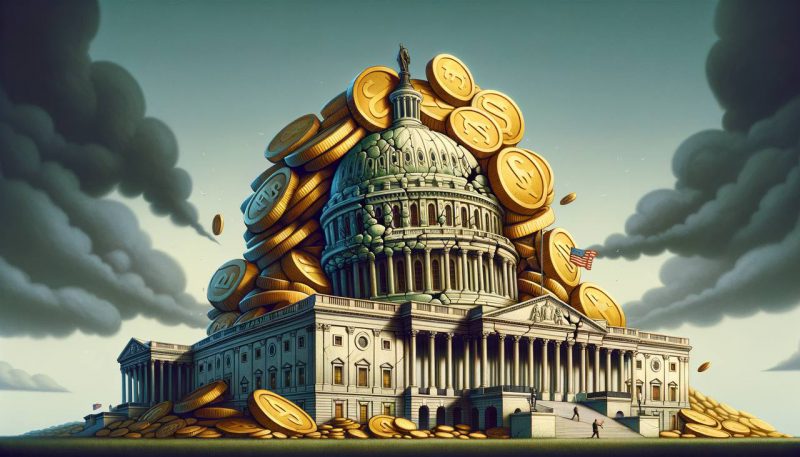US Presidential candidates Donald Trump and Kamala Harris made several campaign promises to steer America’s economy to greener shores. The Committee for a Responsible Federal Budget (CRFB) reviewed the campaign promises from both candidates and published a report claiming their ideas could add trillions of dollars to the US national debt.
The CRFB wrote that Trump’s agenda is far more expensive than that of his rival, Harris. Their spending plans to revive the economy would end up adding trillions to the US national debt. While both candidates have differing views about the economy, they agree to increase border security and end taxes on tips.
Also Read: Goldman Sachs Revises Gold Price Prediction For 2025
$10.6 Trillion Could Be Added To the US National Debt From Trump & Harris Economic Plans


Also Read: Warren Buffett’s Favorite US Stock Is Due For A Surge, Targets $81
The report from CRFB shows that Trump’s ideas could add $7.5 trillion to the national debt over ten years. On the other hand, Harris’ economic plan could most likely add $3.5 trillion in the same time frame. Either way, both candidates could increase the national debt and not bring it under control.
“Our large and growing national debt threatens to slow economic growth, boost interest rates and payments, weaken national security, constrain policy choices, and increase the risk of an eventual fiscal crisis. However, neither major candidate running in the 2024 presidential election has put forward a plan to address this rising debt burden. In fact, our comprehensive analysis of the candidates’ tax and spending plans finds that both Vice President Kamala Harris and former President Donald Trump would likely further increase deficits and debt above levels projected under current law,” read the report.
Also Read: Malaysia’s Local Currency Ringgit Outperforms the US Dollar
The US national debt is a cause of concern, having touched $35.68 trillion in October 2024. Both Trump and Harris will most likely find it hard to bring the situation under control. The debt is now beyond repair unless drastic measures are taken to restore it to normalcy.





